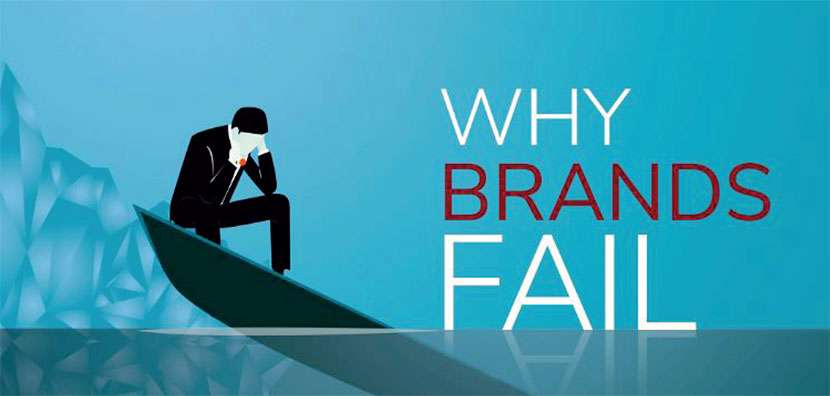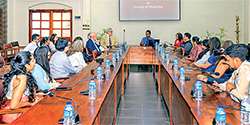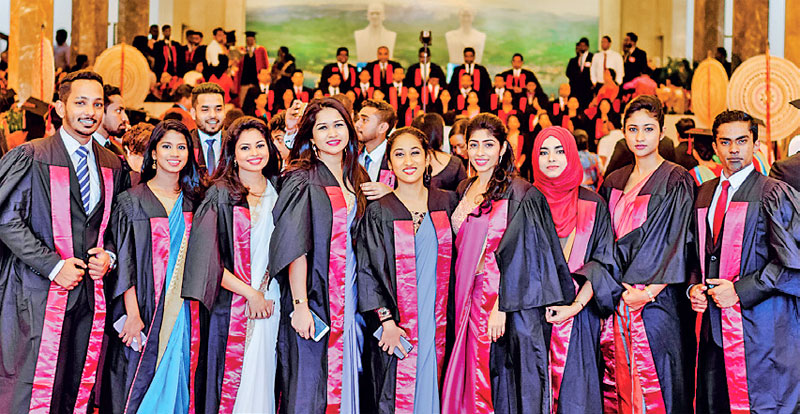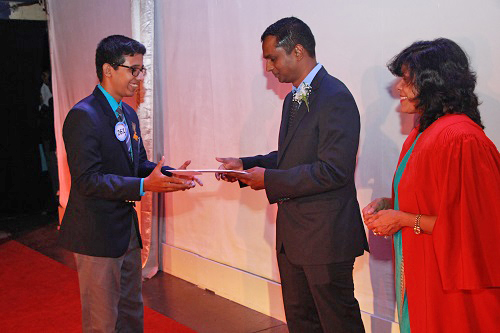Why has the brand Sri Lanka failed? - Why we have failed as a nation Bogged down in the process, not in the results

Sri Lanka is a nation of hopes and ambitious targets and dreams. We don’t want to surrender. We want to thrive. We know we can. But where have things gone wrong? Addressing the post-budget 2023 forum organised by the MBA Alumni of Colombo University President Ranil Wickremesinghe said the reason the country faced this crisis is that the focus was only on policies and not results. The public sector of Sri Lanka has become a victim of the policies and procedures. The administration bodies of the ministries and the institutions thrive hard to follow the rules and regulations without paying attention to the results that the institutions can achieve. The accepted common notion is that the private sector is more efficient and effective in the execution of plans.
 However, the accepted norm of the public sector is that they are not the best to execute. There are many forums in which people preach how well the policies can be executed and the need of having policies. With all the policies, checks, and balances in place, having won a war against terrorism, and having obtained the required support from friendly nations, we as a nation have failed. One may credit it to the account of corruption. Probably that’s what’s visible and seen from an outside perspective. How can this be described from a marketing lens? Marketing focuses on creating awareness of a brand (Product or service) and at the same time delivering results. In the absence of results, the marketing effort is not considered effective.
However, the accepted norm of the public sector is that they are not the best to execute. There are many forums in which people preach how well the policies can be executed and the need of having policies. With all the policies, checks, and balances in place, having won a war against terrorism, and having obtained the required support from friendly nations, we as a nation have failed. One may credit it to the account of corruption. Probably that’s what’s visible and seen from an outside perspective. How can this be described from a marketing lens? Marketing focuses on creating awareness of a brand (Product or service) and at the same time delivering results. In the absence of results, the marketing effort is not considered effective.
Applying the same to Sri Lanka, we are a nation full of preachers who would want to preach but not invest any energy in delivering results. This has created a situation where we are import-dependent which in turn has created us to be vulnerable as we try to progress as a nation. The SME sector which provides jobs to more than four million people is not getting the required support. The administrators only pay lip service to the theory of inclusiveness which highlights the importance of creating equal opportunities for many than limiting it to a few. There is something terribly wrong with the way policies are made or executed. How could this even be possible? Where have things gone wrong? It’s at this point that we have to agree with the statement made by the president.
The public sector of the country consists of well-educated, seasoned veterans in the administration domain. There is no doubt that they are capable and are with the right set of skills to execute policies. The little they would know or pay attention to is that policies are not to obstruct possibilities. They are to facilitate opportunities. As much as Sri Lanka wants to promote exports, it’s extremely difficult to export high-value items such as gems out of the country. There is no one institution that can support the exports of the SME sector instead there are about 70 different institutions to promote entrepreneurship which are mostly involved in teaching entrepreneurship than facilitating entrepreneurs in terms of providing them with market opportunities and marketing aids such as packaging and promotions of such products to the world.
Foreign funds are mostly spent on teaching and preaching entrepreneurship than making a platform to promote facilities for the SME sector entrepreneurs. As a result, Sri Lanka is the lowest in the region as far as the ratio between entrepreneurs to the population is concerned. What can administrators learn from marketing and branding? Brand marketers are compelled to deliver results and progress regardless of what difficulties they are confronted with. If the same is applied to the public sector, the administration should focus on facilitating more private-public partnerships to promote investment in Sri Lanka and also to attract capable people to the public sector which right now is not happening at all.
Nation branding is required not just as a paradise island to promote leisure-based tourism but also to promote FDIS. Branding Sri Lanka should be twofold. Creating a brand identity as an investor-friendly nation is the need of the hour to attract foreign direct investments. At the same time, attention must be paid to developing a package that can be promoted to investors who can invest both technology and financial capital in Sri Lanka. As of now, it’s extremely difficult for an investor to land in Sri Lanka and explore the opportunities. The simplest reason for this is that the administrative bodies in Sri Lanka are of the view that they have the ultimate authority over decision making and for the same reason they wouldn’t pay attention to the results that can be achieved with such investments.
Making things difficult for investors is to make sure that they imply their importance of them to such parties so that they can impress such parties with the power vested in them. If analysed well, it’s evident that such acts of arrogance are not generating any revenues for the country. At a recently held MOU signing ceremony among multiple institutions in revamping an abandoned government property, a senior administration official was humbled enough to accept that he has signed thousands of documents in his administrative career in the government which has not been able to generate any revenues.
In my opinion, all government institutions (Except for the essential services) should adopt the profit center concept and implement strict KPIs to generate revenues including foreign diplomatic services as such services are meant to generate opportunities for local manufacturers and are meant to generate revenues instead of merely functioning as administrative bodies. I really am sure that the points which are highlighted here are not applicable to certain government servants who strive at their best to serve the country in their respective fields. However, surely this would be applicable to a portion of public servants who consider them to be superior to the taxpayers and the parties who genuinely are striving to make this country a better place.









































.jpg)
.jpg)
.jpg)

.jpg)
.jpg)
